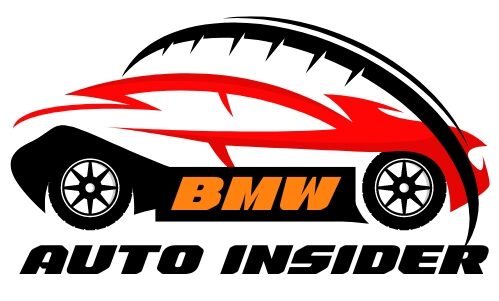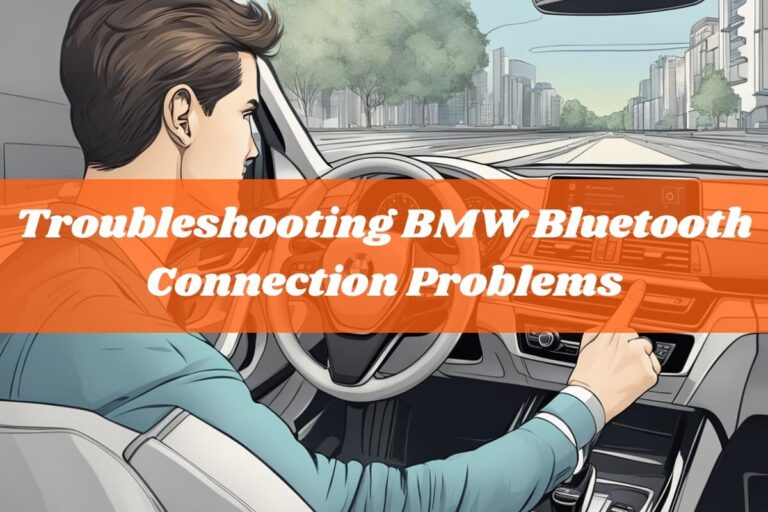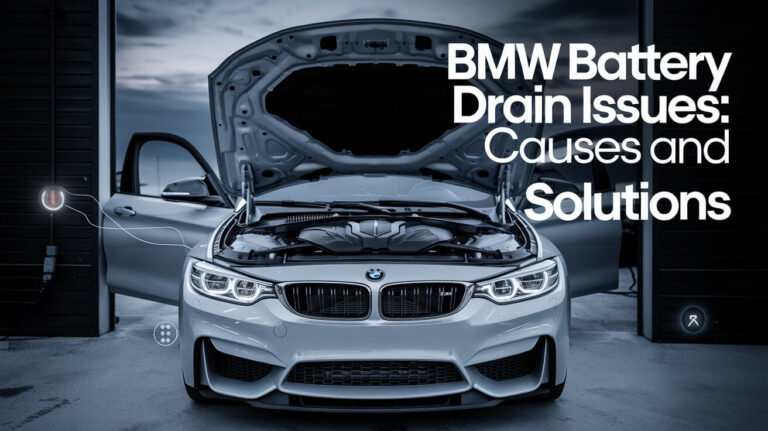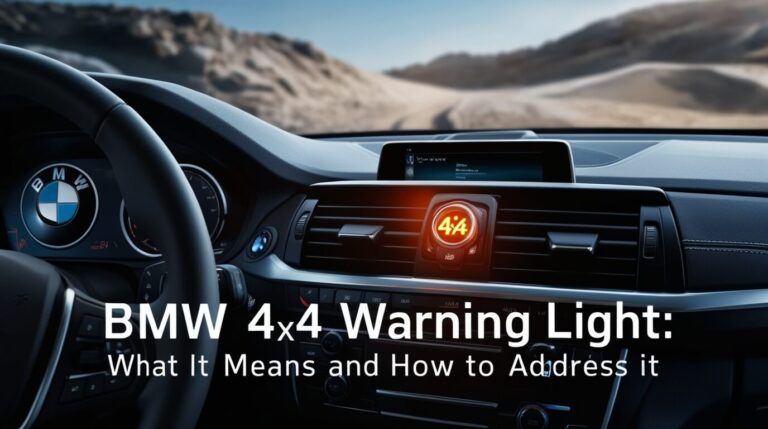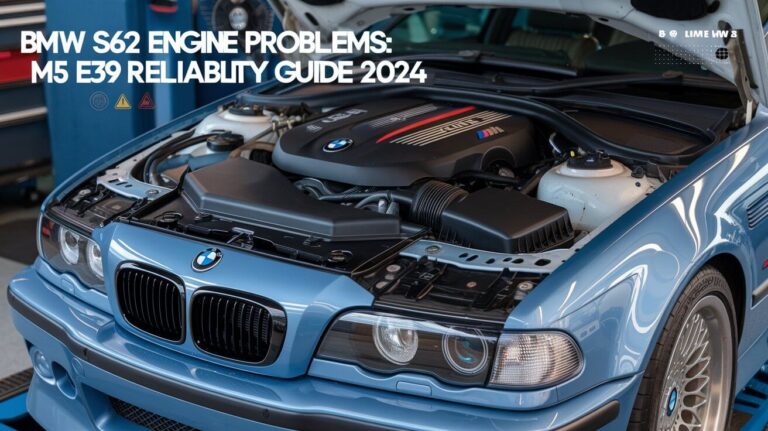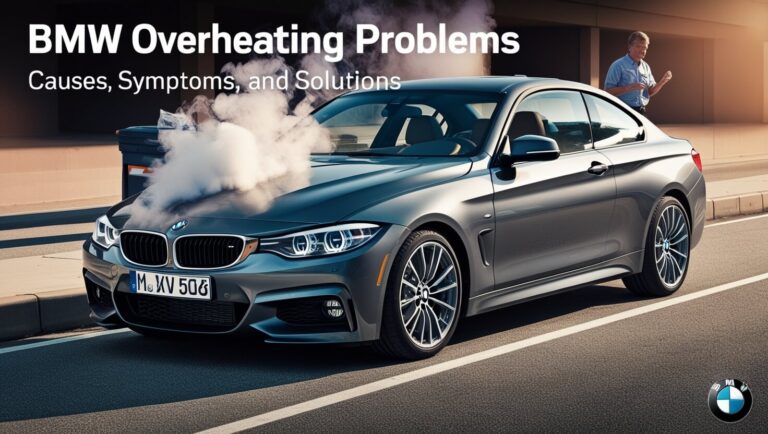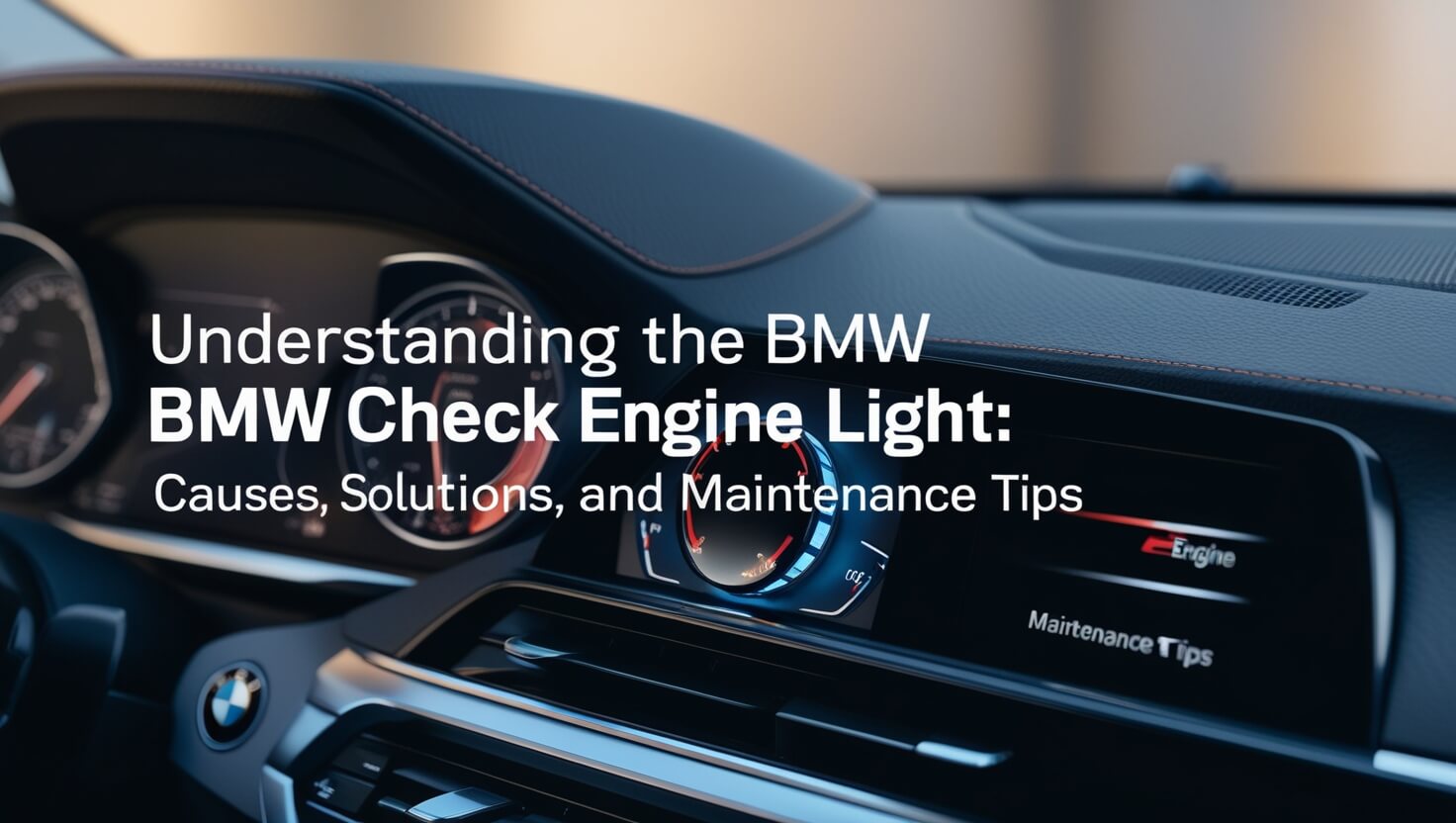
Is your BMW’s check engine light on? The BMW check engine light is a warning indicator that signals potential issues with your vehicle’s engine or emissions system. This guide will help you understand what triggers this light, how to address it, and ways to keep your BMW running smoothly.
What Does the BMW Check Engine Light Mean?
The check engine light in your BMW is part of its onboard diagnostics system. When it illuminates, it’s telling you that something isn’t right under the hood. But what exactly does it mean when this light comes on?
Different BMW Check Engine Light Patterns
Your BMW’s check engine light can behave in two main ways:
- Steady illumination: This usually indicates a minor issue that needs attention soon but isn’t an emergency.
- Flashing: A blinking check engine light signals a serious problem that needs immediate attention.
Common Reasons for BMW Check Engine Light Illumination
Several issues can trigger your BMW’s check engine light:
- Engine misfires
- Fuel system problems
- Emission control system faults
- Sensor malfunctions
- Electrical system issues
Each of these problems can affect your BMW’s performance and fuel efficiency. That’s why it’s crucial to address them promptly.
Top Causes of BMW Check Engine Light Activation
Let’s dive deeper into the most frequent culprits behind that pesky check engine light.
Loose or Faulty Gas Cap
Believe it or not, a loose gas cap is a common reason for check engine light activation. Your BMW’s fuel system is pressurized, and a loose cap can disrupt this pressure, triggering the light. Always ensure your gas cap clicks when you tighten it.
Malfunctioning Oxygen Sensor
The oxygen sensor measures the amount of unburned oxygen in your BMW’s exhaust system. When it fails, it can cause poor fuel economy and increased emissions. Regular maintenance can help prevent this issue.
Failing Catalytic Converter
Your BMW’s catalytic converter helps reduce harmful emissions. When it starts to fail, it can trigger the check engine light. This is often a result of neglecting other maintenance issues, so stay on top of your BMW’s service schedule.
Worn Spark Plugs or Ignition Coils
Spark plugs and ignition coils are crucial for your BMW’s engine to run smoothly. When they wear out, you might notice rough idling, misfires, or poor acceleration – all of which can trigger the check engine light.
Mass Airflow Sensor Issues
The mass airflow sensor measures the amount of air entering your BMW’s engine. A faulty sensor can lead to poor fuel economy and performance issues. Regular air filter changes can help prevent this problem.
Faulty Evaporative Emissions System
Your BMW’s EVAP system prevents fuel vapors from escaping into the atmosphere. A leak in this system can trigger the check engine light. Common causes include a loose gas cap or damaged fuel lines.
Decoding BMW Check Engine Light: DIY vs. Professional Diagnosis
When your BMW’s check engine light comes on, you have two main options for diagnosis: do it yourself or seek professional help.
Using OBD-II Scanners for BMW Check Engine Light Diagnosis
OBD-II scanners are tools that can read the error codes stored in your BMW’s computer. Here’s how to use one:
- Locate your BMW’s OBD-II port (usually under the dashboard).
- Plug in the scanner and turn on your car’s ignition.
- Follow the scanner’s instructions to read the codes.
- Look up the codes online or in your BMW’s manual.
While this can give you a starting point, remember that one code can sometimes indicate multiple issues.
When to Seek Professional BMW Service for Check Engine Light Issues
Some situations call for professional help:
- If you’re not comfortable with car diagnostics
- When the issue seems complex or involves multiple systems
- If your BMW is still under warranty
- When you’ve tried DIY fixes and the light persists
Professional BMW technicians have advanced diagnostic tools and expertise to pinpoint and fix issues accurately.
Driving with a BMW Check Engine Light On: Is It Safe?
Many BMW owners wonder if it’s okay to keep driving when the check engine light comes on. The answer isn’t always straightforward.
Assessing the Severity of the BMW Check Engine Light Warning
If your BMW’s check engine light is steadily illuminated and you don’t notice any performance issues, it’s generally safe to drive for a short distance. However, you should get it checked as soon as possible.
If the light is flashing, pull over safely and turn off the engine. A flashing light indicates a severe problem that could cause expensive damage if you continue driving.
Potential Risks of Ignoring the BMW Check Engine Light
Ignoring your BMW’s check engine light can lead to:
- Reduced fuel efficiency
- Poor performance
- More extensive and expensive repairs down the line
- Potential safety hazards
- Failed emissions tests
It’s always better to address the issue promptly to keep your BMW running smoothly and safely.
How to Reset the BMW Check Engine Light
Sometimes, you might need to reset your BMW’s check engine light. Here’s how you can do it.
Manual Reset Methods for BMW Check Engine Light
- Battery disconnect method:
- Turn off your BMW and disconnect the negative battery cable.
- Wait about 15 minutes.
- Reconnect the battery.
- Key cycle method:
- Turn the key to the “on” position without starting the engine.
- Wait a few seconds, then turn it off.
- Repeat this process three times.
When Not to Reset Your BMW Check Engine Light
Don’t reset the light if:
- You haven’t fixed the underlying issue
- Your BMW is due for an emissions test
- You’re not sure what caused the light to come on
Resetting the light without addressing the problem can lead to more serious issues down the road.
Preventing BMW Check Engine Light Issues
Prevention is always better than cure. Here are some tips to keep your BMW’s check engine light off.
Regular Maintenance Tips for BMW Owners
- Follow your BMW’s recommended service schedule.
- Use high-quality fuel and oil.
- Replace air and fuel filters regularly.
- Keep an eye on your tire pressure.
- Address minor issues before they become major problems.
Common BMW Models and Their Check Engine Light Tendencies
Different BMW models can have specific issues that trigger the check engine light:
- BMW 3 Series: Often sensitive to oxygen sensor issues
- BMW 5 Series: Can experience problems with the mass airflow sensor
- BMW X5: May have EVAP system leaks more frequently
Knowing your model’s tendencies can help you stay ahead of potential problems.
BMW Check Engine Light and Emissions Testing
Your BMW’s check engine light can affect more than just your driving experience – it can also impact emissions testing.
Impact of Check Engine Light on BMW Emissions Tests
In most states, a lit check engine light will automatically fail your BMW’s emissions test. This is because the light indicates a potential problem with your vehicle’s emissions system.
Preparing Your BMW for Emissions Testing
To ensure your BMW passes its emissions test:
- Address any check engine light issues before the test.
- Ensure your BMW is warmed up before testing.
- Keep up with regular maintenance, especially related to the emissions system.
- Consider a pre-test inspection to catch any potential issues.
Understanding BMW’s Onboard Diagnostics System
BMW’s onboard diagnostics system is a sophisticated tool that helps keep your vehicle running efficiently.
Evolution of BMW Check Engine Light Technology
BMW has continually improved its diagnostic systems over the years:
- Early systems were basic and could only detect a few issues.
- Modern BMWs use complex algorithms to detect and diagnose a wide range of problems.
- Some newer models can even predict potential issues before they occur.
How BMW’s System Differs from Other Manufacturers
BMW’s system is known for its precision and complexity:
- It often provides more detailed error codes than other brands.
- The system is integrated with other vehicle functions for comprehensive diagnostics.
- BMW’s iDrive system in newer models can provide more user-friendly explanations of issues.
The Cost of Ignoring Your BMW Check Engine Light
Ignoring your BMW’s check engine light can lead to more than just poor performance – it can hit your wallet hard.
Potential Long-term Damage to BMW Components
Neglecting check engine light issues can lead to:
- Catalytic converter failure (an expensive repair)
- Engine damage from prolonged misfires
- Transmission problems if the issue affects shift patterns
Financial Implications of Delayed Check Engine Light Repairs
Addressing issues early can save you money:
- Minor repairs caught early are usually less expensive.
- Ignoring problems can lead to multiple component failures.
- Your BMW’s resale value can be affected by a history of neglect.
Frequently Asked Questions About BMW Check Engine Lights
Let’s address some common questions BMW owners have about check engine lights.
Can I drive my BMW with the check engine light on?
You can drive for short distances if the light is steady and you don’t notice any performance issues. However, it’s best to have your BMW checked as soon as possible.
How urgent is a flashing BMW check engine light?
A flashing check engine light is very urgent. It indicates a severe problem that could cause expensive damage. Stop driving and seek professional help immediately.
What’s the difference between a check engine light and other dashboard warnings?
The check engine light specifically indicates engine or emissions system issues. Other lights, like the oil pressure or temperature warnings, point to different systems in your BMW.
Understanding your BMW’s check engine light is crucial for maintaining your vehicle’s health and performance. By staying informed and proactive, you can keep your BMW running smoothly and avoid costly repairs. Remember, when in doubt, it’s always best to consult with a professional BMW technician. They have the tools and expertise to quickly diagnose and fix any issues, ensuring your BMW continues to deliver the ultimate driving experience you expect.
